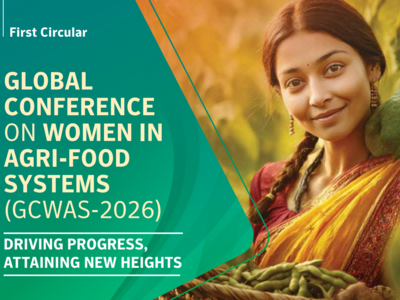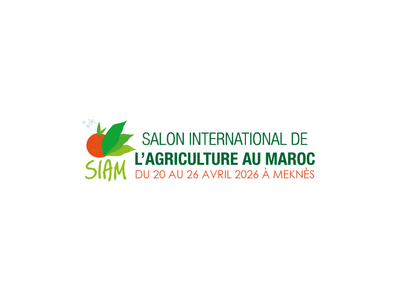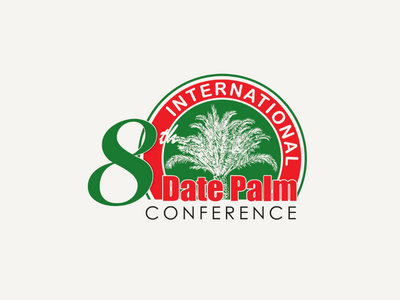ICARDA at the Third International Laayoune Forum on Biosaline and Arid Land Agriculture (LAFOBA3)
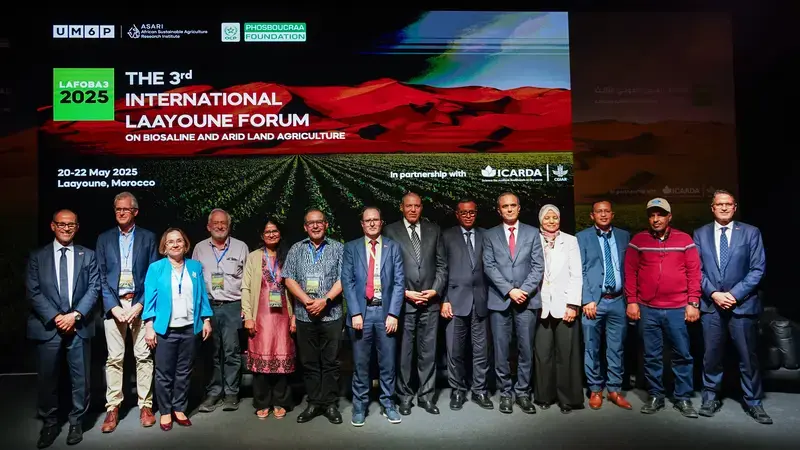
Laayoune, Morocco | May 20-22, 2025 – ICARDA, in partnership with Mohammed VI Polytechnic University (UM6P) and its African Sustainable Agriculture Research Institute (ASARI), and Fondation Phosboucraa, organized the Third International Laayoune Forum on Biosaline and Arid Land Agriculture (LAFOBA3) from May 20-22, 2025 at UM6P’s ASARI campus in Laayoune, Morocco.
The forum brought together more than 300 participants, 130 oral presentations, 35 posters, and 17 keynotes from around the globe to address the urgent challenges of arid agriculture such as drought, salinity, climate change, soil health, and resource use efficiency in dryland regions. Over the three days, participants were treated to a rich and dynamic program, featuring plenary sessions, a student–scientist interactive session, numerous parallel thematic sessions and poster exhibitions. Key themes included crop responses to salinity and water stress, agricultural water management in marginal environments, biosaline agriculture, and genetic improvement of crops under marginal environments.
The forum kicked off with an interactive session between scientists and PhD students, which set the tone for the subsequent thematic sessions and emphasized the importance of knowledge exchange in building research capacity for sustainable dryland farming systems. It served as an opportunity for PhD students to engage directly with global experts in biosaline and arid land agriculture, seek expert advice on their ongoing research challenges, and learn about postdoctoral pathways and career development.
Dr. Mina Devkota, Senior Agronomist at ICARDA, addressed the critical need to design farmer-centered strategies that promote the adoption of climate-resilient innovations during the plenary session titled “From Lab to Farmers: How to Fill the Gap and Accelerate the Adoption”:
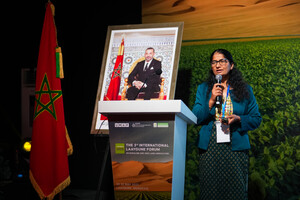
“From my 17 years working closely with farmers, the most effective way to encourage adoption is to keep farmers at the core of the process — closely working with them not only to work for them. When farmers see the benefits firsthand, they naturally become champions of the innovations.”
Dr. Mina Devkota also delivered a keynote speech on “ICARDA’s Agronomic Innovations for Enhancing Productivity and Resilience for Drylands” during a session titled: “Best cropping practices to cope with abiotic stress”. This speech highlighted the importance of appropriate crop rotation, conservation agriculture, crop diversification including low water requiring nutrient-dense crops, scale-appropriate mechanization, precision farming, and smart-relay intercropping to cope with abiotic stress.
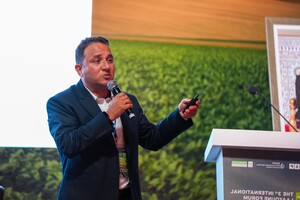
Dr. Krishna Devkota, Senior Scientist-Dryland Farming chaired the session on Salinity Mapping and Characterization, where he delivered a keynote speech on "Crop Simulation Modeling for Decision Support Under Diverse Production Environments in Arid Drylands of CWANA Region”. This speech described how simulation models like APSIM and AquaCrop can assess crop suitability under both open-field and protected farming systems, and highlighted the model’s capability to provide data-driven decision support and suitability mapping and evidence-based crop zoning required for investment decisions, and develop localized adaptation to climate, resource management and for managing drought and salinity stresses, and last but not least model’s capability for the development of ‘Sustainable Agriculture Master Plan for a Country’.
In a virtual session titled “Agricultural use of Soil Amendment, Fertilization and Microbe’s Association”, Dr. Samar Attaher presented a compelling case study on the role of biofertilizers in reducing dependency on synthetic fertilizers in irrigated arid farming systems, offering practical alternatives for enhancing soil health and sustainability.
During the session on “Agricultural Water Management in Marginal Environments”, Dr. Vinay Nangia, ICARDA’s Soil, Water, and Agronomy team leader, delivered a keynote speech on “Water for Food, Water for Life: The Dryland Challenges.” He highlighted the critical role of water in food security and explored the connections between water scarcity and issues such as biodiversity loss, migration, desertification, environmental degradation, fragility, and civil unrest. Dr. Nangia showcased ICARDA’s innovative climate-smart solutions, such as various approaches of efficient water management including deficit and supplemental irrigation, solar-powered ultra-low energy irrigation, water reuse and wastewater management, and rainwater harvesting, demographic and climate change in drylands.
Five ICARDA students have also presented their latest research findings through oral and poster communications. Ms. Lamyae Ed-Daoudy received the Best Poster Award for her work titled “Rhizobium-Mediation for Improving Drought Tolerance in Spring Bread Wheat.” This recognition shows how ICARDA’s commitment to nurturing a new generation of researchers will advance dryland agricultural research and innovation for decades to come.
Drawing on its five decades of experience in dryland research, ICARDA will continue fostering strategic collaborations and strengthening research capacity, delivering scalable innovations to empower smallholder farmers and promote resilient agriculture in drylands and beyond.
View the event highlights through the links below:

